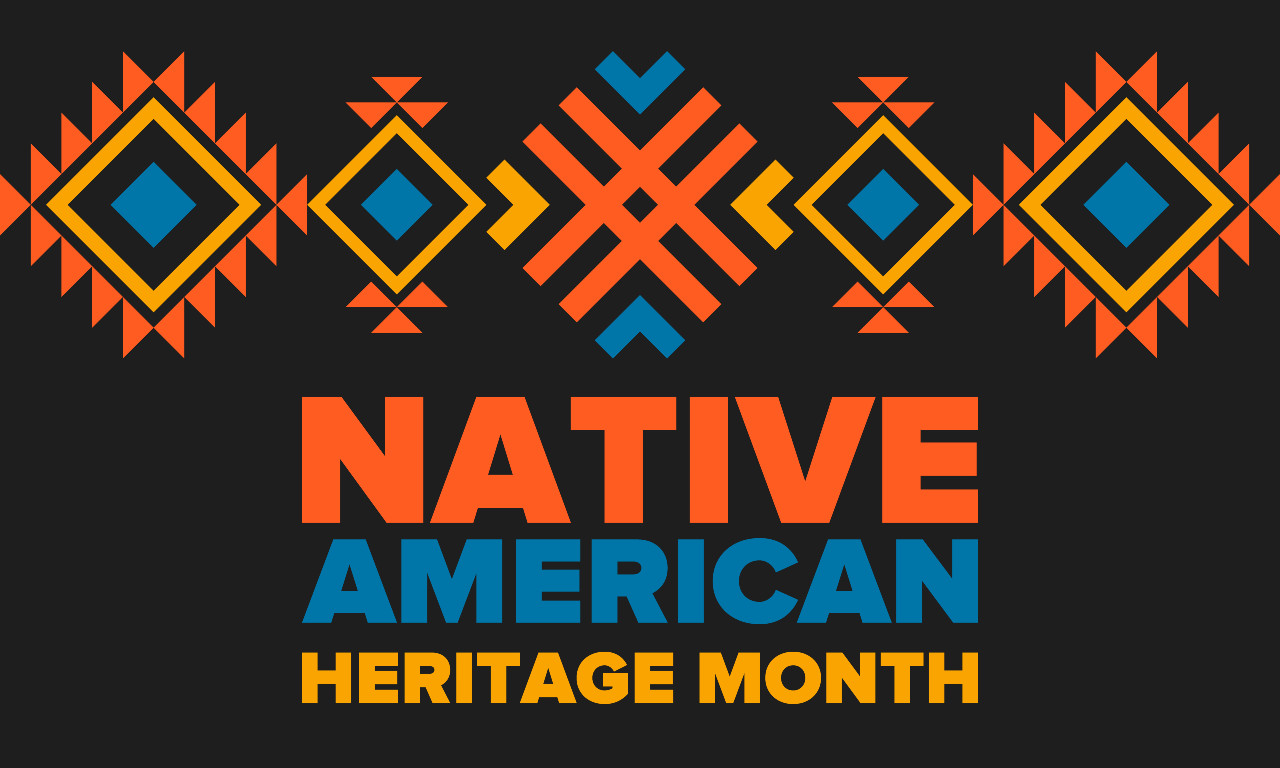Beginning this fall, the University of California system is waiving tuition and fees for Native American students who are state residents and members of federally recognized tribes. The UC Native American Opportunity Plan aims to “advance critical efforts to expand student diversity and make the University of California more affordable and accessible for California’s Native American undergraduate and graduate students,” explained UC President Michael V. Drake in a letter to university chancellors. The letter also states, “The University of California is committed to recognizing and acknowledging historical wrongs endured by Native Americans.”
According to recent data from the California Department of Education, just 31 percent of Native American students who complete high school have met A–G requirements — minimum coursework necessary to be eligible for UC and CSU — whereas 54 percent of white students have done so. This critical need must be addressed in high schools before students can take advantage of free tuition at a UC.
Among UC/CSU-eligible students, Native American students enroll in any college at lower rates than other student groups: 10 percentage points lower than white students, 13 points lower than Asian students, and 4 points and 1 point lower than African American and Latino students, respectively. Among lower-income students, the gap is 18 percentage points (68.6 percent Native American vs. 79.6 percent white), according to the Public Policy Institute of California.
Native American cultural items
The State Auditor on Nov. 17 released an audit report to the Legislature updating its previous audit of the UC’s compliance with the federal Native American Graves Protection and Repatriation Act of 1990 (NAGPRA) and its 2001 California counterpart, CalNAGPRA. The acts establish requirements for the repatriation of Native American human remains and cultural items to tribes by government agencies and museums including university campuses, that maintain collections of remains and cultural items. While improvements have been made since a 2020 audit, not enough is being done to ensure the timely return of Native American remains and cultural items.
The previous audit found that the Office of the President has established “inadequate policies and oversight that had resulted in inconsistent practices for returning such remains and cultural items to tribes,” and offered four recommendations. Though the new report found that the four recommendations had been implemented, “nonetheless, more than 30 years after the passage of NAGPRA, the university has not adequately prioritized returning its collection to tribes. We reviewed four of the university’s campuses for this audit — Berkeley, Riverside, Santa Barbara and San Diego — and found that they continue to maintain large collections and that some campuses have yet to completely review all the remains and cultural items in their control. Given the size of some of these collections, returning all their remains and cultural items to tribes will likely take at least a decade of sustained effort.”
Problems cited in the report include not ensuring campuses consulted with tribes when inventorying collections as CalNAGPRA requires, does not require campuses to employ full‑time repatriation coordinators “despite the critical role they serve in advancing repatriation and maintaining useful relationships with the tribes,” has not ensured that campuses prioritize completing their plans to facilitate the return of their NAGPRA collections, and has not planned for sustainable long-term funding of their repatriation efforts.





